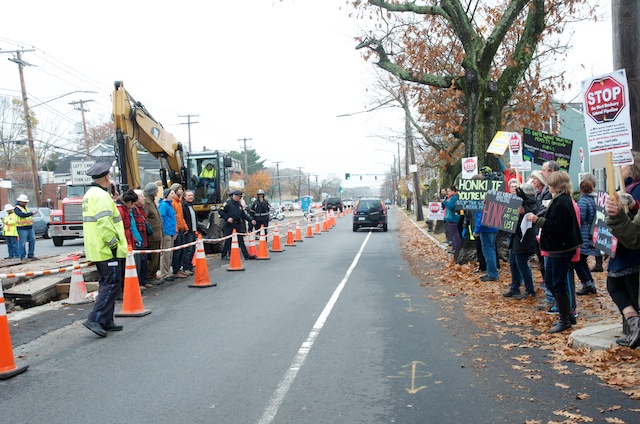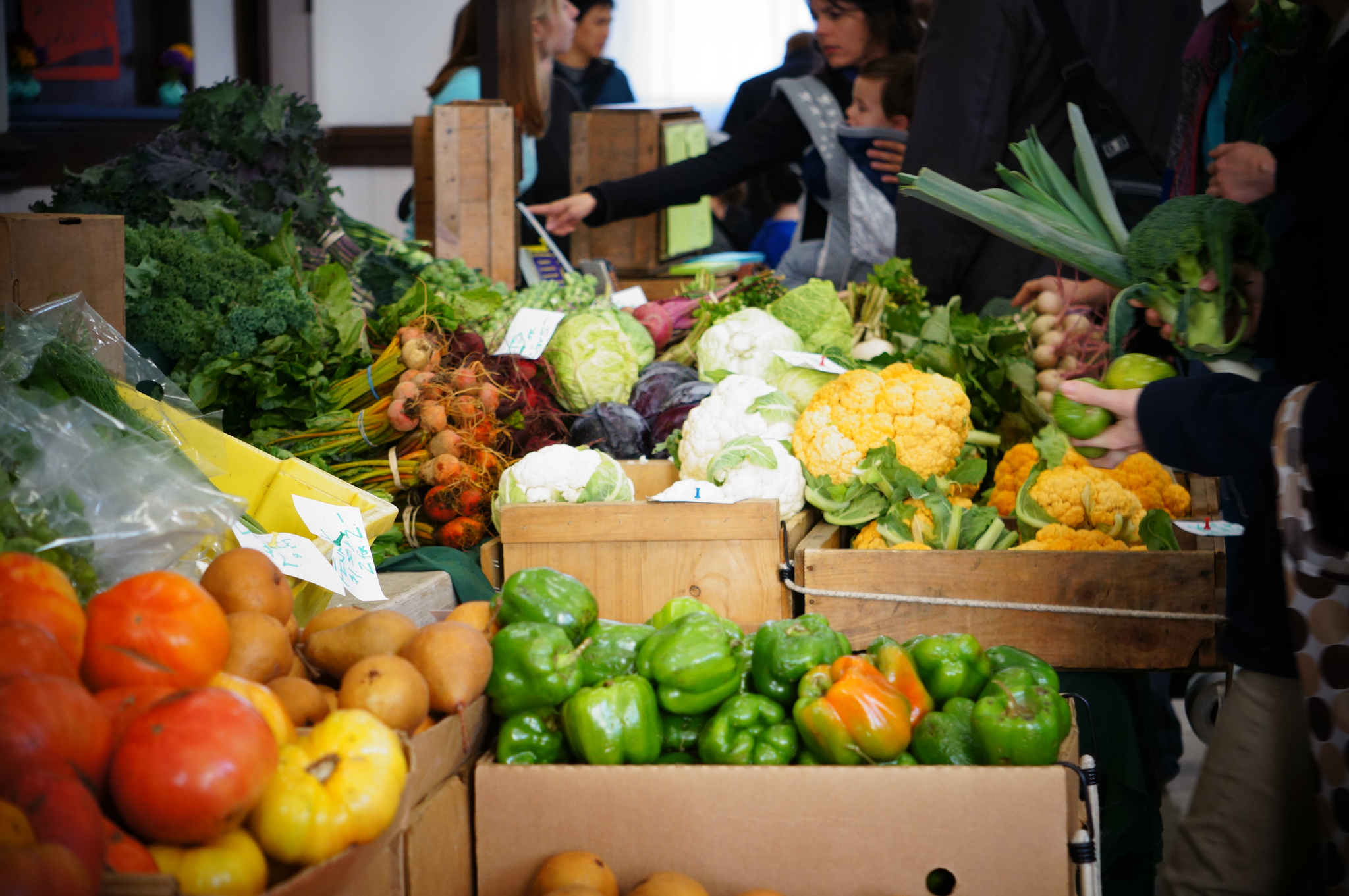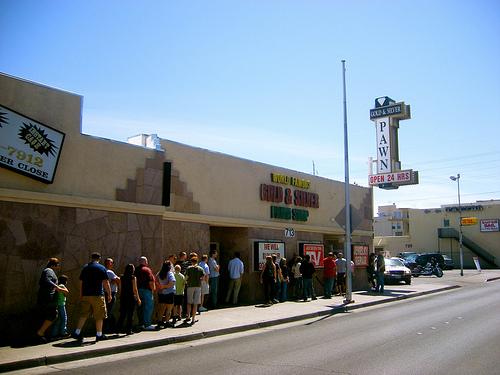Sarah Byrnes is the Director of the New Economy Transition in New England, a program of the Institute for Policy Studies. She supports the local “Jamaica Plain New Economy Transition” pilot program and work to enhance the resilience of the New England region as a whole. Sarah also coordinates the network of Resilience Circles, small groups focused on mutual aid during this tough economy. Sarah has collaborated with many grassroots groups around the country to build community and enhance resilience, and has written about the importance of mutual aid, relationships, and community connections in activism and organizing. Before coming to IPS Sarah worked with Americans for Financial Reform, Americans for Fairness in Lending, the Thomas Merton Center, and the Center of Concern, and she has degrees from Boston College and Harvard Divinity School.
Sarah Byrnes









